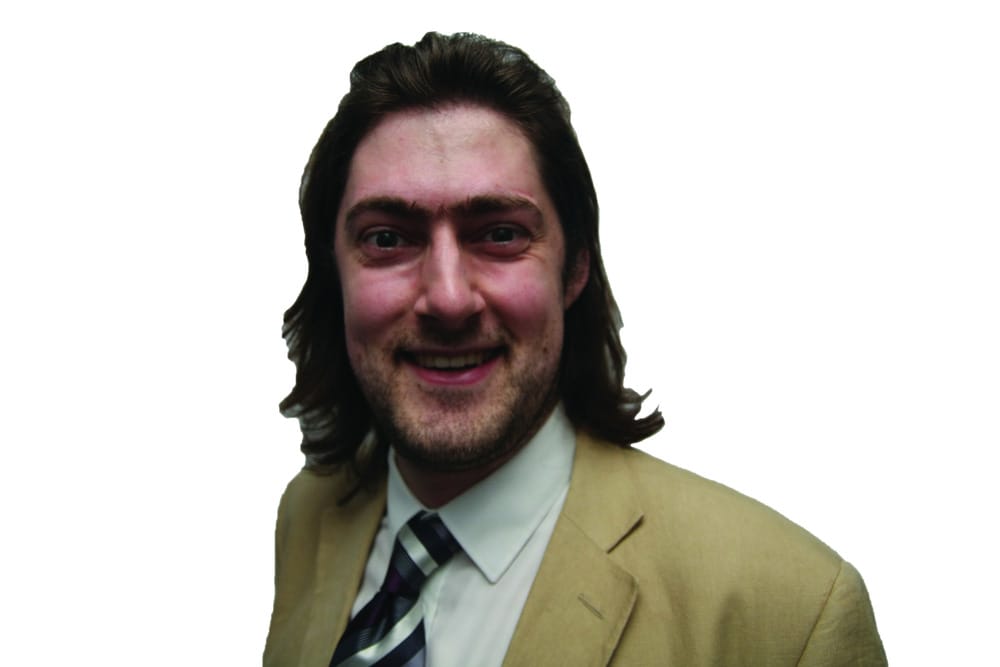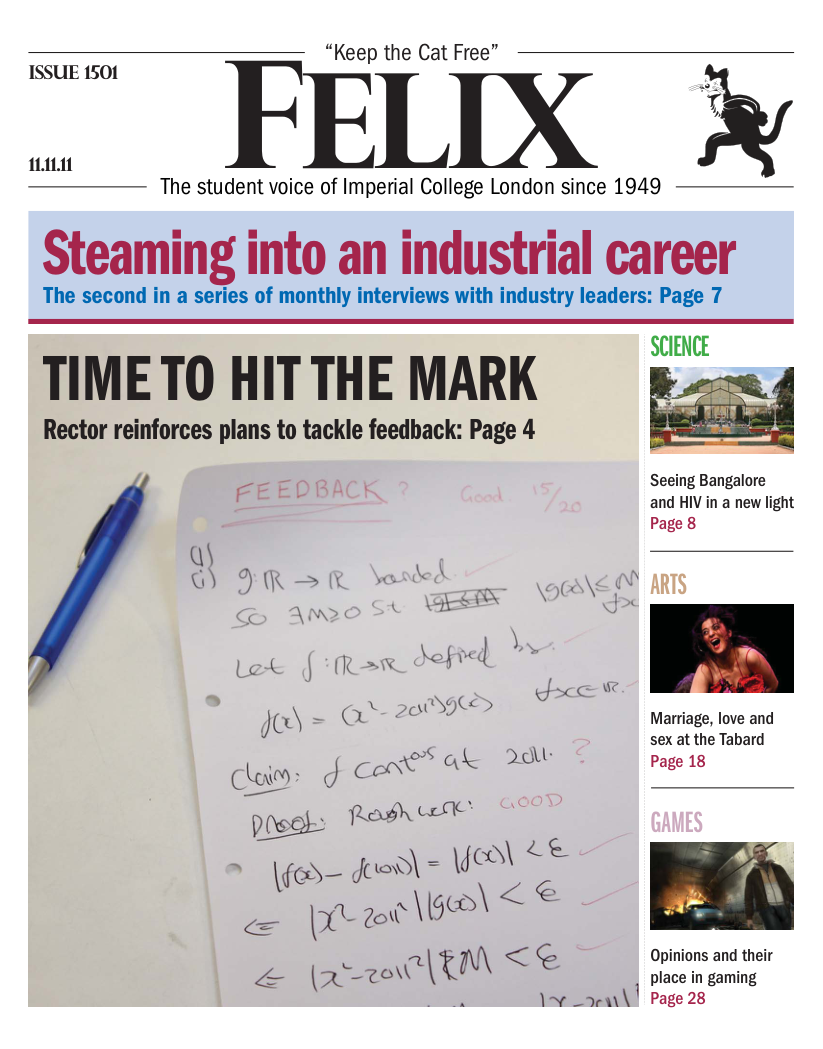The death of Bad Science
Hopefully, debunking lies and unscientific non-sense is not going to end

Bad Science is dead. It has fallen off its bench. It has gone to meet its supervisor. It is an ex-science. Sadly, I am not talking about a humane rounding-up of charlatans, quacks, homoeopathists, and people who like to compete as to who has the best imaginary friend. I am talking about Ben Goldacre’s column in The Guardian.
Is this the end of actively exposing dodgy practice that would otherwise be passed off as science? Fortunately, not quite. Prof David Colquhoun (the pipe-smoking, tweed-wearing, chair in Pharmacology at UCL) is still going strong, so all is not lost. We may even get Dr Goldacre back; he has stopped for now at least to finish a book. Nevertheless, it seems likely that he needs a rest from having a well-thought-out go at people who can, and do, dupe morons out of their cash. And of course there are only so many times one can say that homoeopathy is bollocks before it is just repetition. I hope that this sort of analysis will continue though, and for two reasons.
First, it is a bit of a confidence-giver to the rest of us. Despite being as incensed as the next man, at the rubbish that is presented to us as good or healthy when it is not, I still cannot quite bring myself to say so some times. A few weeks ago I got chatting to a girlfriend of a friend of a friend. She is an astrologer. Needless to say, part of me wanted to run from the room. A part about the same size wanted to tear her to pieces. And if she had not been an astrologer, another part of me… well, let’s not go there. She disassociated herself quite early on from newspaper astrologers – “because they are talking rubbish, obviously”. “Obviously” I agreed, with just a hint of ironic tone. I let her chunter on about the position of planets and moons and stars, throwing in questions as she went on. I got more irritated, so the questions built up in a kind of viva-ing way. Despite my mounting annoyance that there are actually people who spend their lives messing around with this dross, the most damning I could be was to ask why the position of Saturn on the day of a person’s birth was more important to a child’s life than the difference between a parent who was loving, absent or a violent mentalist. She did not give a coherent answer. The upside to what I did is that I do not think I offended her, but the downside is that I do not think she knows what she is doing is drivel any more than she did before. So was my behaviour weak and disingenuous, or gentle and unflinching? Certainly I am not afraid of asking difficult questions, and having people, like Goldacre and Colquhoun, who are prepared to say publicly that a spade is a spade, does make it easier for me.
The end of actively exposing dodgy practice ... fortunately, not quite.
Second, I think that public analysis of this sort of thing will keep science in check. I am not going to talk about science as a pure entity that must be protected against all odds. This is because it is better than that; it is useful and effective. Also, I would be hypocritical if I did call science a pure thing, the rough translation of homoeopathy is ‘retaining purity’, based on the translations we use of homeostasis and pathenogenesis. Worse still, I think that an attitude of reverence would be in serious danger of making science into a sort of pseudo-religion. Can you imagine anything worse? Professors would become like Bishops, Colleges and Universities like cathedrals and anyone with a PhD would be automatically trusted in the way that anyone with a dog collar is now.
And that is the nub of it. The point of science and the way it is different from religion and charlatanism is that nothing is automatic. Of course, ‘career’ scientists have to build a reputation and produce solid work, but if they are worth their salt they should never mind being asked questions. Difficult questions. The question now is, will science retain this sobriety, or will it be superseded in the way that organised religion has?








